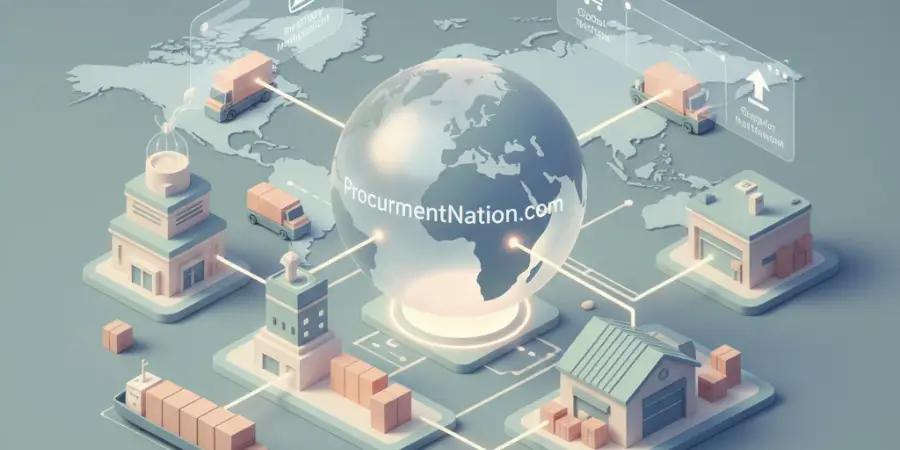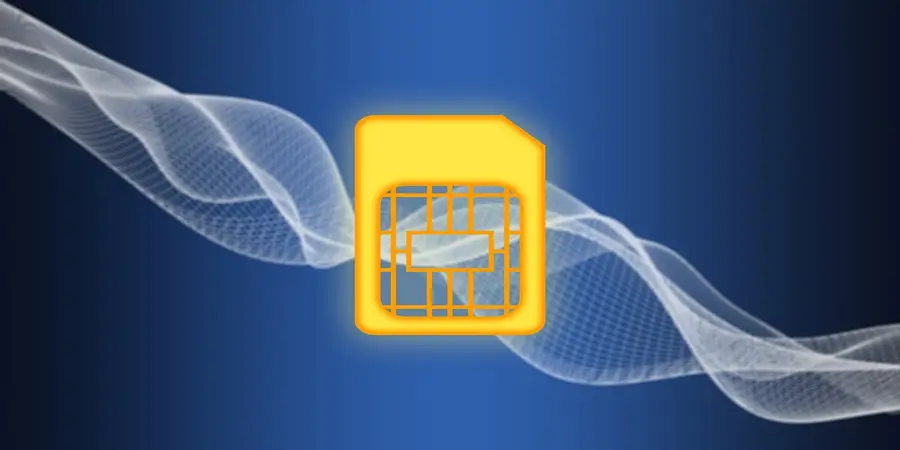Data security and privacy have become significant concerns for law companies. Managing voluminous case files and tracking communication with clients has proven challenging. It is even more complicated when using outdated paper-based and desktop systems that lack the required security features to manage sensitive data. For this reason, many law firms are now turning to cloud-based solutions to streamline operations and provide exceptional client service.
Legal practice management software (LPMS) is among the transformative solutions that allow lawyers to automate their workflows. These technologies centralize their case data and enable law companies to access vital information securely from anywhere. However, with many providers available, selecting the right platform can be confusing. This article outlines key features lawyers must prioritize when choosing a criminal law management solution.
Key Features of a Legal Practice Management Solution
Cloud-based law practice management services are often more effective than most on-premise solutions due to their focus on data security and privacy. Using the latest security tools also allows them to protect law firms against internal and external cyber threats. However, not all service providers offer the same level of protection. Law firms should consider the following attributes when selecting a management platform.
Physical and Infrastructure Security Measures
The foundation of any cloud-based legal software lies in its physical and infrastructure security measures. Law firms handle highly sensitive client data, and safeguarding this information starts with setting up robust security measures. Before introducing any technology to their practices, law practitioners must check if the service provider has physical protocols to prevent unauthorized access to client’s data.
A reputable software provider should have its facility staffed and monitored around the clock. Some physical security protocols that the facility should have include video surveillance systems and keycard access or biometric technology. It should have effective systems to track access events. These ensure that only authorized individuals can access the client’s information to reduce data breaches.
Infrastructure security is another crucial aspect in which cloud-based service providers should invest. A good LPMS provider must implement antivirus scanning technology or a firewall to prevent vulnerabilities like malware and denial-of-service attacks. They should also have intrusion detection systems that give real-time alerts on network threats and automatically block attacks.
Disaster Recovery and Business Continuity Plans
Disasters can hit at any time and halt the business. These include data attacks, system failures, or natural calamities like fires. However, the best LPMS provider should have a disaster recovery plan to ensure clients can resume operations immediately without losing valuable information.
One way to implement a disaster recovery plan is to create at least one secondary data centre with backup and processing power equal to the primary centre. Secondary data facilities should also be geographically separated from the primary ones to prevent simultaneous disruptive events. The best way is to choose a Tier III or higher service provider with a data redundancy policy and multiple-powered servers. This allows for quick maintenance and service resumption in times of disaster.
Law firms should also inquire whether the vendor conducts regular disaster recovery testing and can provide documented results. A slight data loss can lead to severe reputational and financial damages. Having reliable disaster recovery and business continuity plan strategies is non-debatable for law firms. This applies to solo practitioners or small and medium law firms like Garland, Samuel & Loeb Federal Charge Lawyers.
User Authentication and Authorization Features
Data theft can occur from the provider’s or user’s end. In most cases, law firms or users can lose data due to unauthorized system access. Reliable software should have an authorization and authentication process in place to limit access to data on a need-to-know basis. That means users can only access vital information when there is a crucial need to and with permission from the right management.
An effective law practice management software should have advanced content-level security settings that allow users to set access to any data on a role-based basis. This ensures platform users only see what they need. For instance, limiting the financial department to billing and financial data prevents it from accessing sensitive case documents and client data.
The system should also have easy-to-use and friendly user-definable change tracking, audit, and deletion log technology. These allow the management to view all user activities from the dashboard and monitor their logins remotely. As a result, the law firm can monitor every communication with its clients and ensure no information is accessed or altered without permission. This is vital in minimizing internal threats.
Certifications
Certifications are more than just industry standards. They are validations from independent organizations that a cloud-based LPMS provider follows internationally recognized standards in data handling. For law firms, ensuring that the platform provider holds the right certifications is essential. That is especially true where information confidentiality and integrity are not negotiable.
The most critical certifications a cloud-based LMPS provider should have include ISO/IEC 27001, SSAE 18, and SOC 2. ISO/IEC 27001 verifies that the vendor can manage risks to information security and perform regular improvements. On the other hand, SOC 2 assesses data security, processing integrity, and confidentiality. The certification also proves that the vendor’s security controls are operational over time, not just in theory.
Additional certifications that LPMS providers should have include the General Data Protection Regulation (GDPR) and Cloud Security Alliance STAR (CSA STAR) compliance. GDPR compliance is for firms with clients or operations in Europe. It certifies that the vendor adheres to principles like data minimization, lawful processing, and clear consent management. Meanwhile, CSA STAR compliance indicates that the provider follows cloud-specific best practices when handling data.
Data Ownership and Support
Data ownership and support rights are critical to discuss when selecting cloud-based law practice management software. Since law firms collect and store vital client information, they should retain full ownership and control over the data, even when securing it using cloud-based services. Choosing an LPMS with terms of service that explicitly outline who owns and controls data is essential.
When vetting LPMS providers, law firms should consider what will happen to data when their relationship ends. For instance, the provider should have a standard policy to remove data from their servers and backup devices when the contract ends. The service provider should also have easy and secure ways to export data or transfer it to the user (law firm).
Technical support availability and responsiveness are also crucial. A vendor should provide comprehensive onboarding and continuous support through email, phone, or online chat. This ensures a high level of system performance and efficient management between parties.
Endnote
Choosing the best cloud-based legal practice management solution is more than a technology upgrade. It is a significant investment that requires careful assessment of the system’s security and efficiency capabilities. Law companies can make informed decisions to safeguard their operations by focusing on physical security, disaster recovery measures, certifications, and data ownership. However, getting and integrating the software into their systems is only possible if law firms follow evaluation processes to ensure the selected technology fits their legal needs.
















